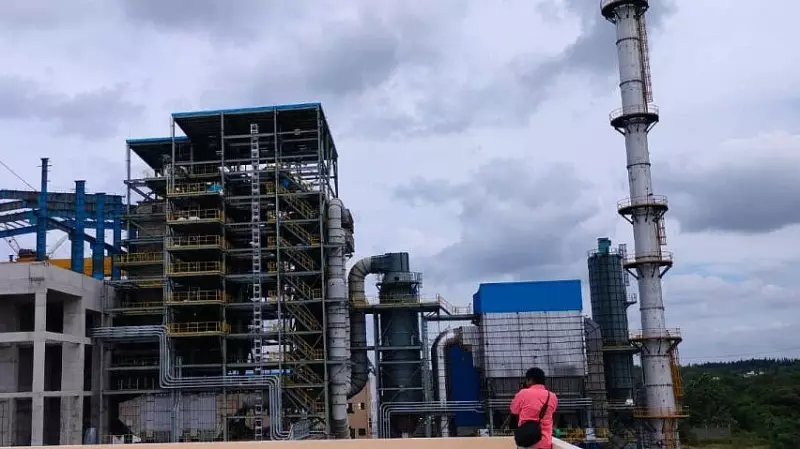
In a groundbreaking move that tackles both waste management and infrastructure development, the Karnataka Power Corporation Limited (KPCL) has unveiled an innovative strategy to repurpose fly ash generated from waste-to-energy plants for road construction projects throughout the state.
From Environmental Liability to Construction Asset
The corporation plans to transform what was once considered an environmental challenge into a valuable resource. Fly ash, a fine powder that remains after burning waste for energy generation, will now be processed and utilized as construction material for building robust and durable roads.
Solving Multiple Challenges with One Solution
This initiative addresses several critical issues simultaneously:
- Waste Reduction: Diverts significant amounts of fly ash from landfills
- Resource Optimization: Creates valuable construction material from waste byproducts
- Infrastructure Development: Provides cost-effective materials for road building
- Environmental Protection: Reduces the environmental impact of waste disposal
Proven Technology with Enhanced Applications
While fly ash from thermal power plants has been used in construction for years, KPCL's initiative represents one of the first systematic efforts in Karnataka to utilize ash specifically from waste-to-energy facilities for road development. The corporation has developed specialized processing techniques to ensure the material meets construction standards and environmental safety requirements.
The implementation of this project is expected to begin in the coming months, with initial focus on rural and semi-urban areas where road connectivity remains a priority. KPCL officials have confirmed that extensive testing has demonstrated the material's effectiveness and durability for various types of road construction.
Economic and Environmental Benefits
This circular economy approach not only solves the problem of ash disposal but also creates economic value from what was previously considered waste. The initiative aligns with both state and national priorities for sustainable development and waste-to-wealth conversion.
Local construction industries are expected to benefit from the availability of this alternative material, which could potentially reduce construction costs while maintaining quality standards. Environmental experts have welcomed the move as a significant step toward more sustainable urban development practices.





